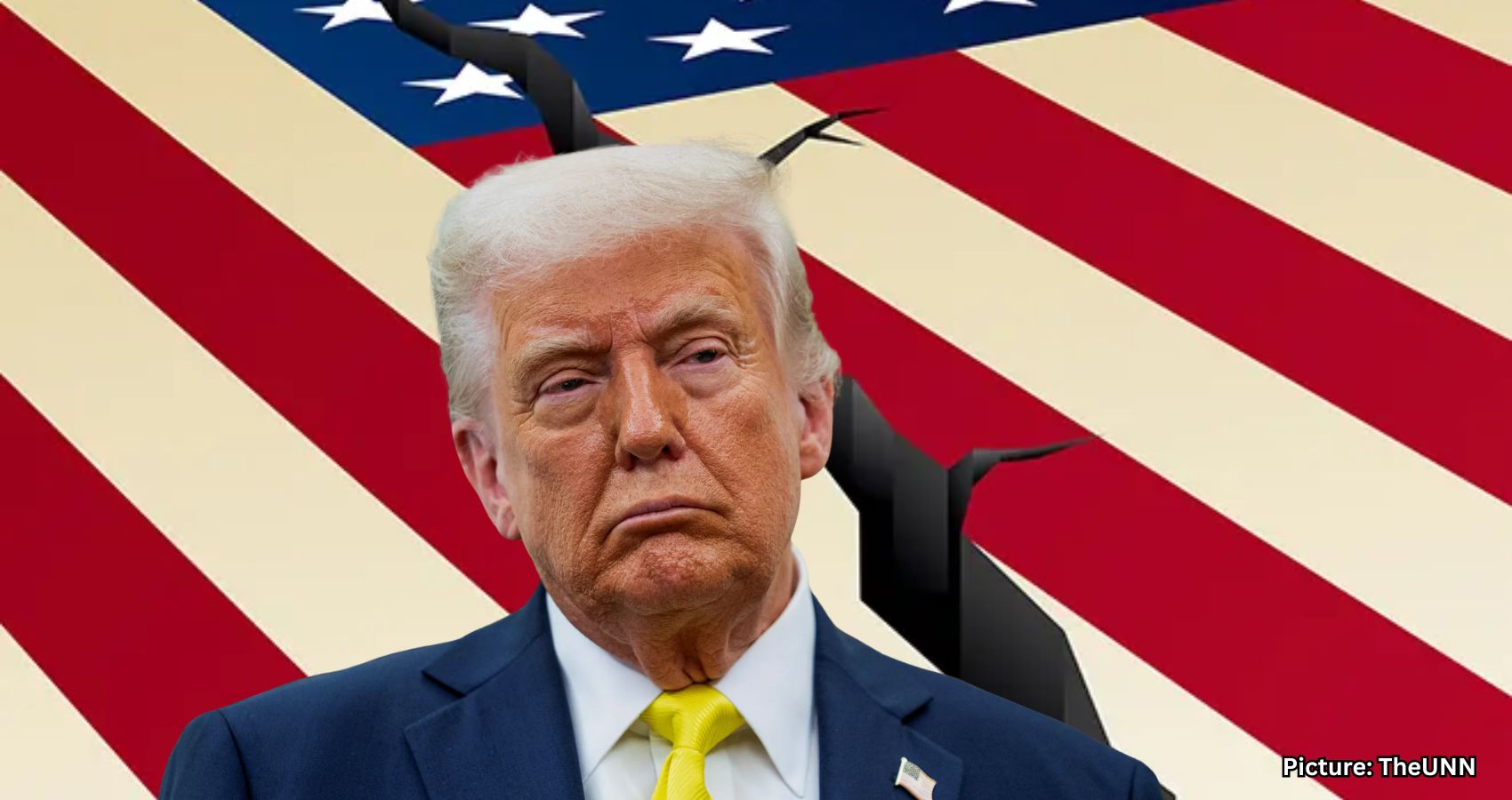Economic concerns are rising among Americans under President Trump’s administration, leading to a growing divide with Democrats who see this as a political opportunity ahead of upcoming elections.
Under President Trump’s administration, economic unease is increasingly evident among many Americans. Persistent inflation, worries about job security, and aggressive trade policies have collectively undermined public confidence in the nation’s financial trajectory.
Democratic leaders are closely monitoring these economic shifts, perceiving them as potential political openings. They contend that the growing dissatisfaction over the cost of living and economic stability could significantly influence voter perceptions of the current administration as well as the upcoming elections.
While the White House often downplays economic concerns, framing current statistics against historical benchmarks, many citizens do not perceive the broader context. For a significant portion of the population, the disparity between rising prices and stagnant wages is a primary source of frustration. Additionally, trade disruptions, retaliatory tariffs, and ongoing supply chain pressures exacerbate these anxieties, intensifying fears about future economic conditions.
Analysts point out that widespread economic anxiety can alter voting behaviors—not solely along partisan lines but also based on the direct impact on individuals’ daily lives. In uncertain times, leadership that promises stability may find increased support. Currently, Democrats are banking on economic fatigue becoming a pivotal issue as the 2025 elections approach.
Source: Original article

